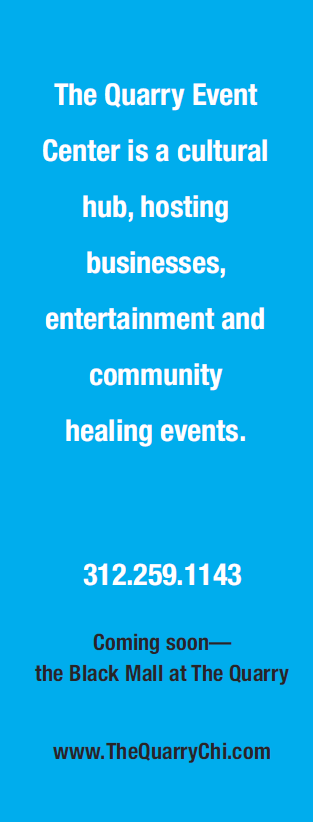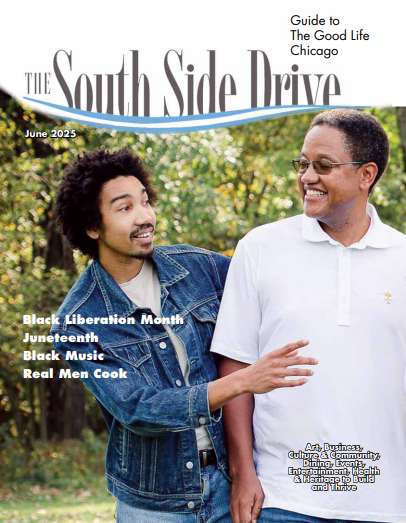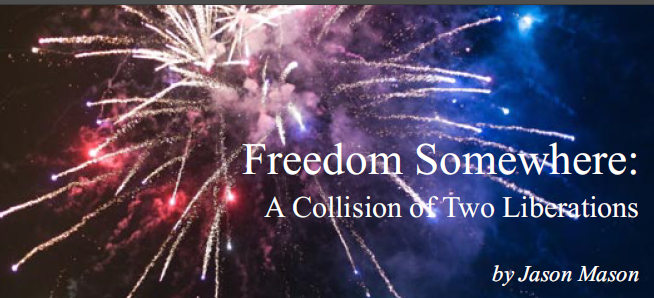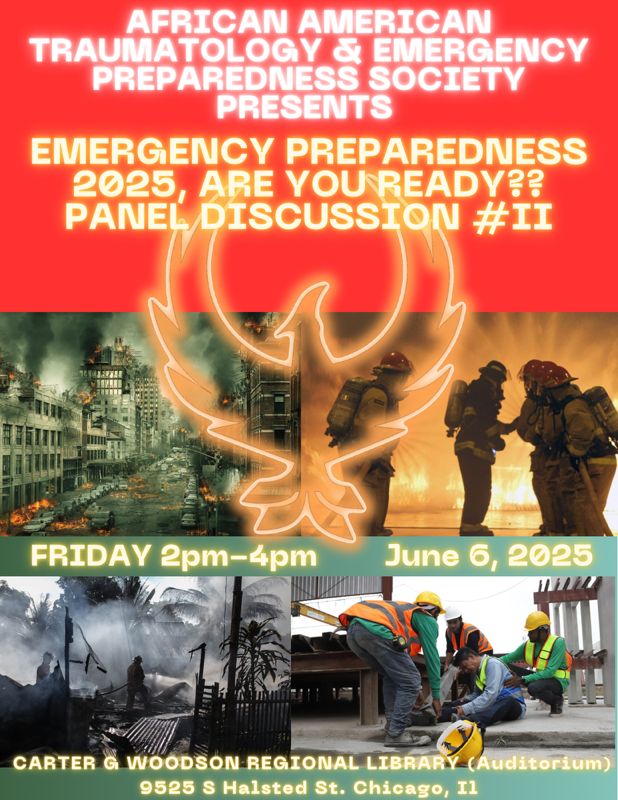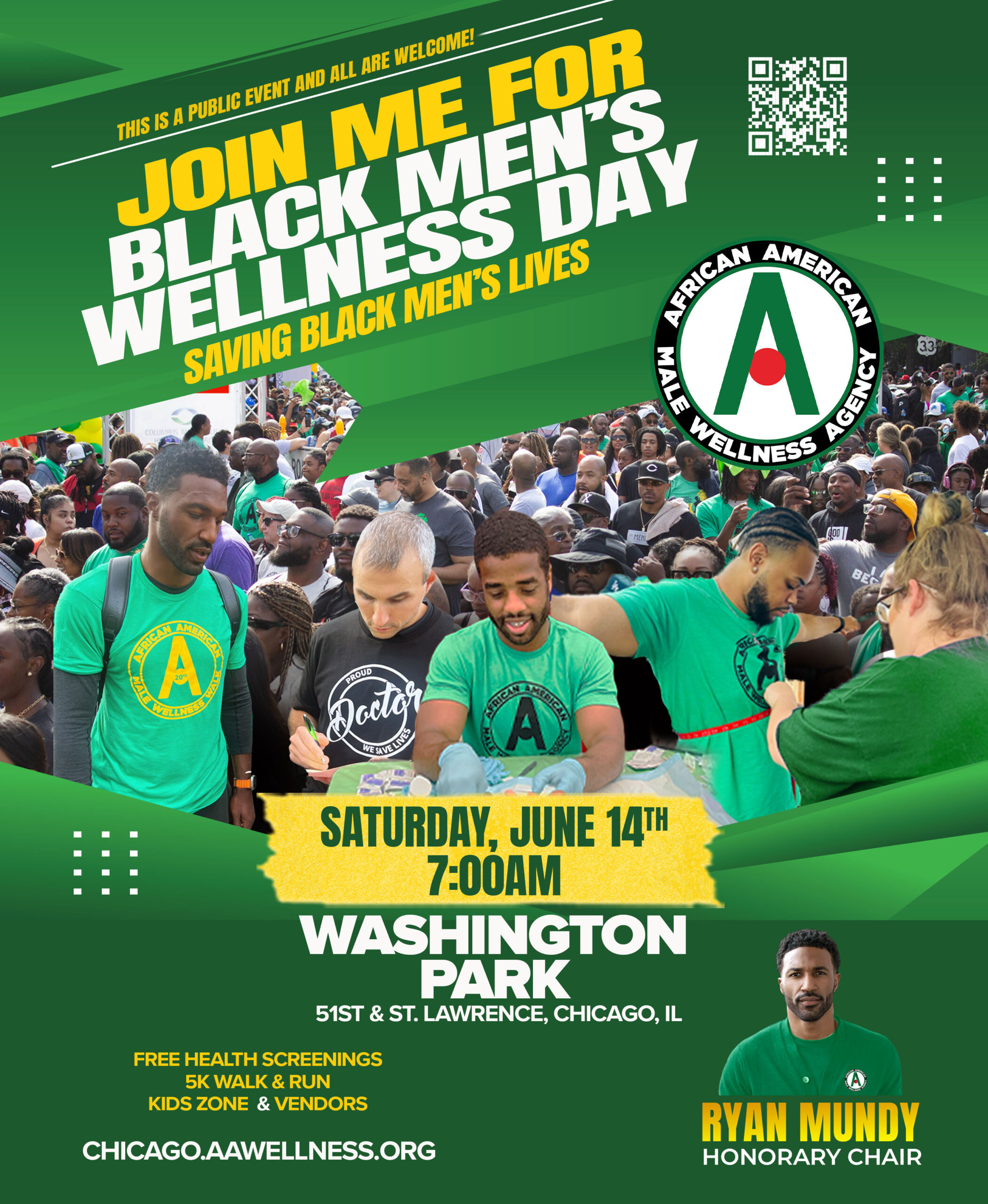![]() If I could recreate one moment it would be that one on Independence Day. The one with the firework that shot upward into the night and became the sky. A much younger me lies in the grass down on my back in awe mesmerized by the overwhelming display. And now I’ve grown to hate fireworks. The loud, unwarranted, and dangerous source of entertainment annoys me to no end making every fourth of July night a sleepless one.
If I could recreate one moment it would be that one on Independence Day. The one with the firework that shot upward into the night and became the sky. A much younger me lies in the grass down on my back in awe mesmerized by the overwhelming display. And now I’ve grown to hate fireworks. The loud, unwarranted, and dangerous source of entertainment annoys me to no end making every fourth of July night a sleepless one.
Funny enough my relationship with fireworks has become my relationship with those two seemingly contradictory ideas: Juneteenth and Independence Day. “What to the slave is the fourth of July?”, Frederick Douglass asks the country in 1852 and we’ve struggled with the question ever since. President Biden signing the law-making Juneteenth a federal holiday has unearthed the question and gave the national conversation something very interesting to consider. Making Juneteenth a federal holiday has introduced to us a new question that expands on Douglass’s being: “What does Juneteenth mean to white America?” The two questions are not separate at all and to answer one is to answer the other and to answer the one you need the other. Only through considering both have I been able to land on my answer and I’ll hope you’ll genuinely consider it.
Since the beginning of human civilization, freedom has been such a fragile, rare, and complicated occurrence. Most of the world’s history reads as unfair cruelty and has developed so slowly in its social justice progression that the majority of people throughout their life have seen more immorality normalized than anything. Whether that to you is a product of global white supremacy or the innate struggle of good versus bad in people and in societies we can come to the same conclusion on our di-lemma of the two freedoms. In Douglass’s speech, he plainly states the hypocrisy and discontent he has in 1852 with slavery still a legal practice while at an Independence Day celebration:
“I say it with a sad sense of the disparity between us. I am not included within the pale of glorious anniversary! Your high independence only reveals the immeasurable distance between us. The blessings in which you, this day, rejoice, are not enjoyed in common. The rich inheritance of justice, liberty, prosperity and independence, bequeathed by your fathers, is shared by you, not by me. The sunlight that brought light and healing to you, has brought stripes and death to me. This Fourth July is yours, not mine. You July rejoice I must mourn.”
—Frederick Douglass, July 5, 1852
Douglass’s critique and pushback against the hypocrisy of the day are correct and it’s something that America needed to hear especially while slavery was still a legal practice and even modern-day on the fourth of July. But Frederick Douglass’s speech and his critique are not that simple and I think this second point July be easier to ignore but we must not cherry-pick from his speech to com-fort our existing stance on the issue and respect the full legacy of Douglass. Early in the speech he speaks on the founding fathers and in a way that might seem contradictory:
“The point from which I am compelled to view them is not, certainly, the most favorable; and yet I cannot contemplate their great deeds with less than admiration. They were statesmen, patriots, and heroes, and for the good they did, and the principles they contended for, I will unite with you to honor their memory.”
— Frederick Douglass, July 5, 1852
How can one publicly exhibit such patriotism in honoring the memory of the founding fathers and the fundamental legacy of America while understanding fully the cruel and horrible practice it’s built on? The speech gives us much more to think about than some would let on. It’s not a new concept I’m presenting. Along with Douglass, the idea of struggling between these two halves has been expressed by celebrated black intellectuals. American novelist, James Baldwin, says “I love America more than any other country in this world, and, exactly for this reason, I insist on the right to criticize her perpetually.” W.E.B Du Bois in The Souls of Black Folk writes about the “Black Double-Consciousness” and how to contend with the warring ideas of being black and American. These men are what helps me with my discontent for fireworks and the larger dilemma of Independence Day and Juneteenth. They understood the complexity and duality of American society while others could not. And what Douglass does not mean is anything along the lines of America needing to burn for its atrocious practices and immorality, but the maddening disillusion of an oblivious country. The making of Juneteenth a federal holiday excites me because it represents the obliviousness deteriorating. It forces a new question opposite of Douglass’s: “What to the White American is Juneteenth?” And now the cluelessness of White America can end and we all can begin to be made whole.
Sadly, black freedom and white freedom could not exist in the same timely manner but the extraordinary fact of the two freedoms being obtained needs to be understood with an emphasis. The history of the world reads like a tragedy unlike any other. Mainstream historical themes are war, famine, poverty, and bondage. Freedom has been so unlikely, rare, and fragile since the start of human civilization that it must be existence must be valued over the fact of when it comes about.
